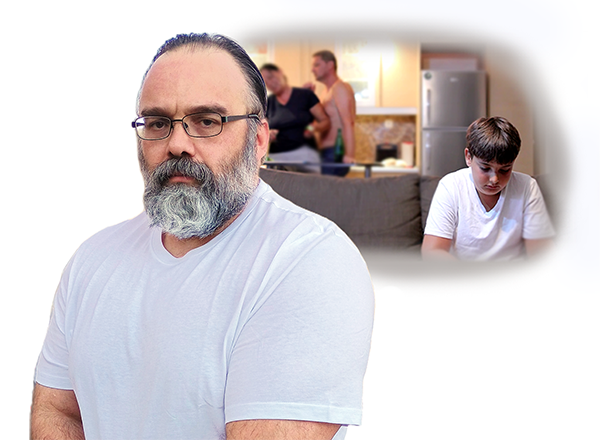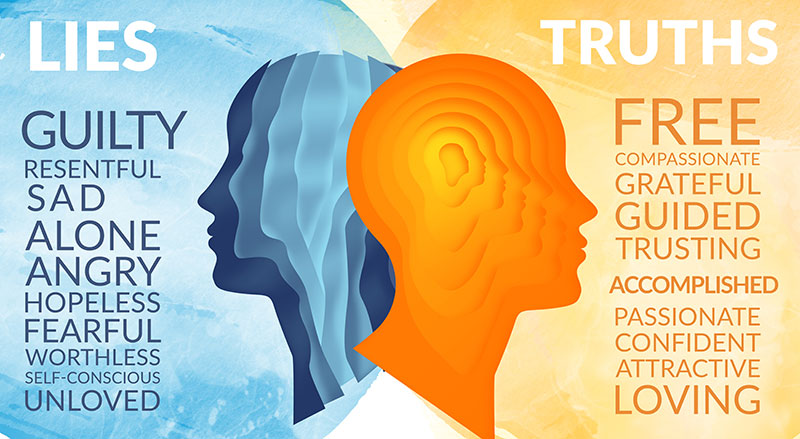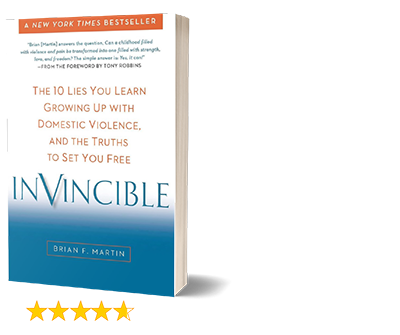When you grow up witnessing
domestic violence, that’s called,
Childhood Domestic Violence
When you grow up witnessing
domestic violence, that’s called,
Childhood Domestic Violence

Awareness is the First Step
Unlike other universally recognized childhood adversities – such as physical child abuse or divorce – Childhood Domestic Violence (CDV) remains largely unknown, even among those who experience it. Why? Many who grow up living with domestic violence believe they weren’t impacted because they ‘only saw it or just heard it’—but witnessing is experiencing.
When Roger became aware that he experienced CDV, that awareness marked the beginning of significant positive change. As a leading researcher said, “even a small shift in perspective can transform a life’.

Staggering scale – little awareness
1 in 8 people are impacted
Childhood domestic violence is the least known adverse childhood experience (ACE), yet more than 275 million children and 725 million adults are impacted. Increasing awareness is critical as that alone provides validation, makes it easier to talk about and is the first step towards reversing the impact.
The Impact
CDV leaves a deep mental imprint that can profoundly impact a life into adulthood
Experiencing childhood domestic violence negatively wires a developing brain and the formation of the cognitive belief system. It instills a common cluster of negative beliefs that, if unchallenged, can last well into adulthood, leading to emotional & psychological, relationship, substance abuse, physical health, and career & education challenges.
A key step forward, is knowing what to call it, as that validation itself, is according to a leading researcher, “intrinsically healing”.
THREE PATHS TO SOLUTIONS
Whether you experienced childhood domestic violence, care about someone impacted or are a young person experiencing childhood domestic violence, you are not alone.
Select your journey below for for education, empowerment, and straightforward steps.
“Even a small change in perspective can transform a life.” Dr. Renee McDonald, leading expert in CDV and Associate Dean for Research in SMU’s Dedman College of Sciences.



